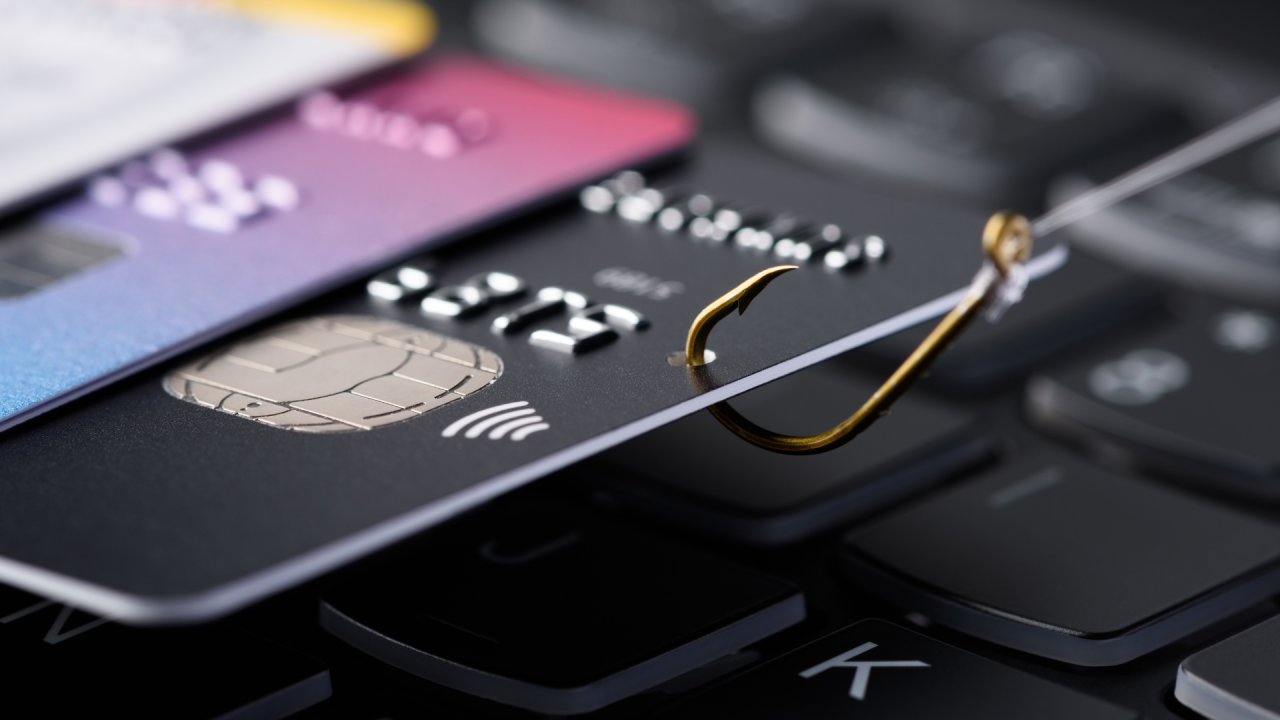
Protect Yourself From Credit Card Fraud
The new school year is here, and with it comes endless opportunities to have new experiences, to learn new skills, and to make new connections. Unfortunately, this is also a time when students, faculty, and staff can be especially vulnerable to scammers. Luckily Information and Educational Technology (IET) at UC Davis has steps everyone can take to keep their private data and finances safe and secure.
But before learning about how to prevent credit card fraud, Aggies need to be aware of how quickly and easily it can happen.
How does credit card fraud happen?
According to Experian, the organization the University of California uses to provide no-cost identity protection to benefits-eligible employees and retirees, credit card fraud or theft is committed using a victim’s existing credit card account or stealing personal data to open a fake account. This can happen through a combination of criminal tactics:
- Physical card theft
- Skimming card information – using a device placed over a card reader at an ATM, gas pump, or other self-serve kiosk that steals card information.
- Cloning cards – stealing personal information from a physical card and using that data to fabricate a fake card.
- Data breaches – hackers steal personal information to set up bogus credit card accounts or hack into existing ones.
- Phishing/Smishing – tricking victims over text message, email, or voice call to give up personal information in order to open a fake credit card or take over an existing credit card account.
How can I detect credit card fraud?
- Regularly check your credit card statements for purchases you did not make.
- Monitor your credit reports to make sure someone hasn’t opened an account in your name.
- Don’t ignore debt collectors. If you receive a letter or phone call for someone seeking payment of a bill that doesn’t belong to you, don’t ignore it. It may indicate that someone opened a credit card in your name.
How do I report credit card fraud?
If you believe you have become a victim of credit card fraud, take the following steps immediately:
- Notify your credit card lender if you discover suspicious transactions on your account or if you think someone stole your card or credit card information.
- Lock your accounts to block new, fraudulent transactions.
- Lock your credit reports to ensure that fraudulent activity doesn’t impact your credit score.
- Set up credit monitoring.
- Notify law enforcement. Credit card fraud is also a form of identity theft. Reporting it on the Federal Trade Commission’s IdentityTheft.gov is a good place to start.
How can I protect myself from credit card fraud?
According to Experian, adopting the following habits can help you avoid becoming a victim of credit card fraud.
- Safeguard your credit cards. Keep your cards in a secure wallet, do not lend them to friends or family, and avoid leaving them out in plain sight where scammers can memorize the details.
- Use contactless payments when possible. Systems that let you pay with your smartphone or by tapping your card are typically more secure than those where you must swipe your card and are less susceptible to skimming devices.
- Safeguard your PIN. Thwart opportunistic thieves or “shoulder surfers” by covering your PIN when entering it at payment points or ATMs.
- Don’t store card numbers online. At online checkouts, decline offers to save card information for future use.
- Report and replace missing credit cards immediately. Lock or cancel your card right away if it’s missing or you suspect it to be stolen.
Additional cybersecurity resources
Credit card fraud is just one of many tactics bad actors will use to steal your personal information and money. Click the resources below to learn about other scams and how to protect yourself.
